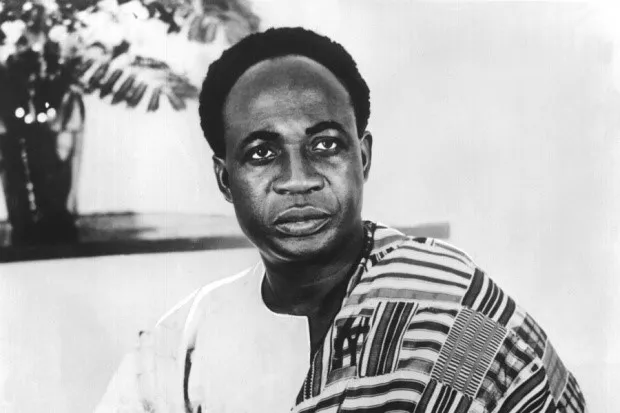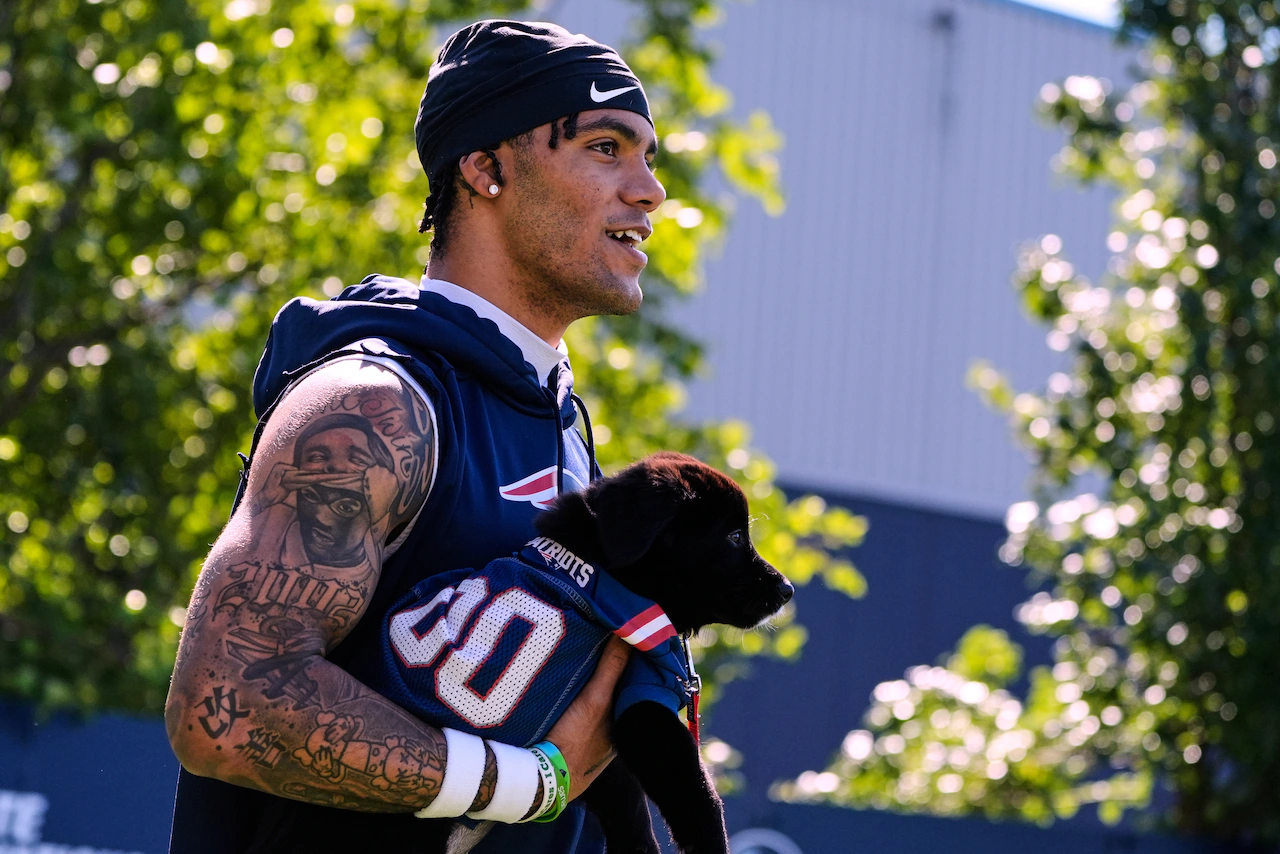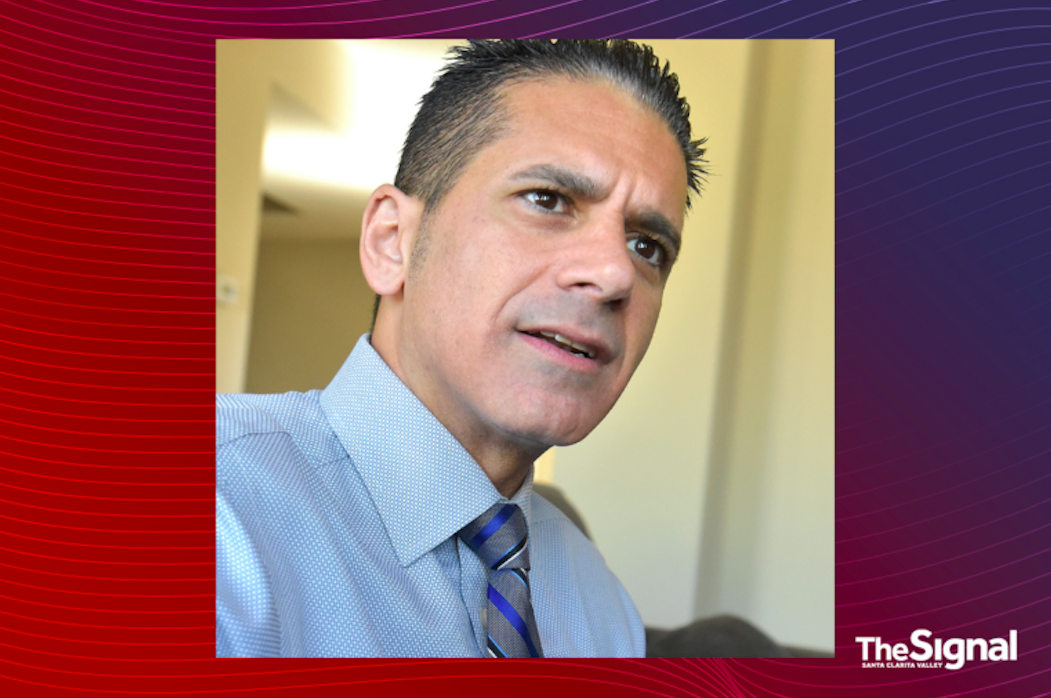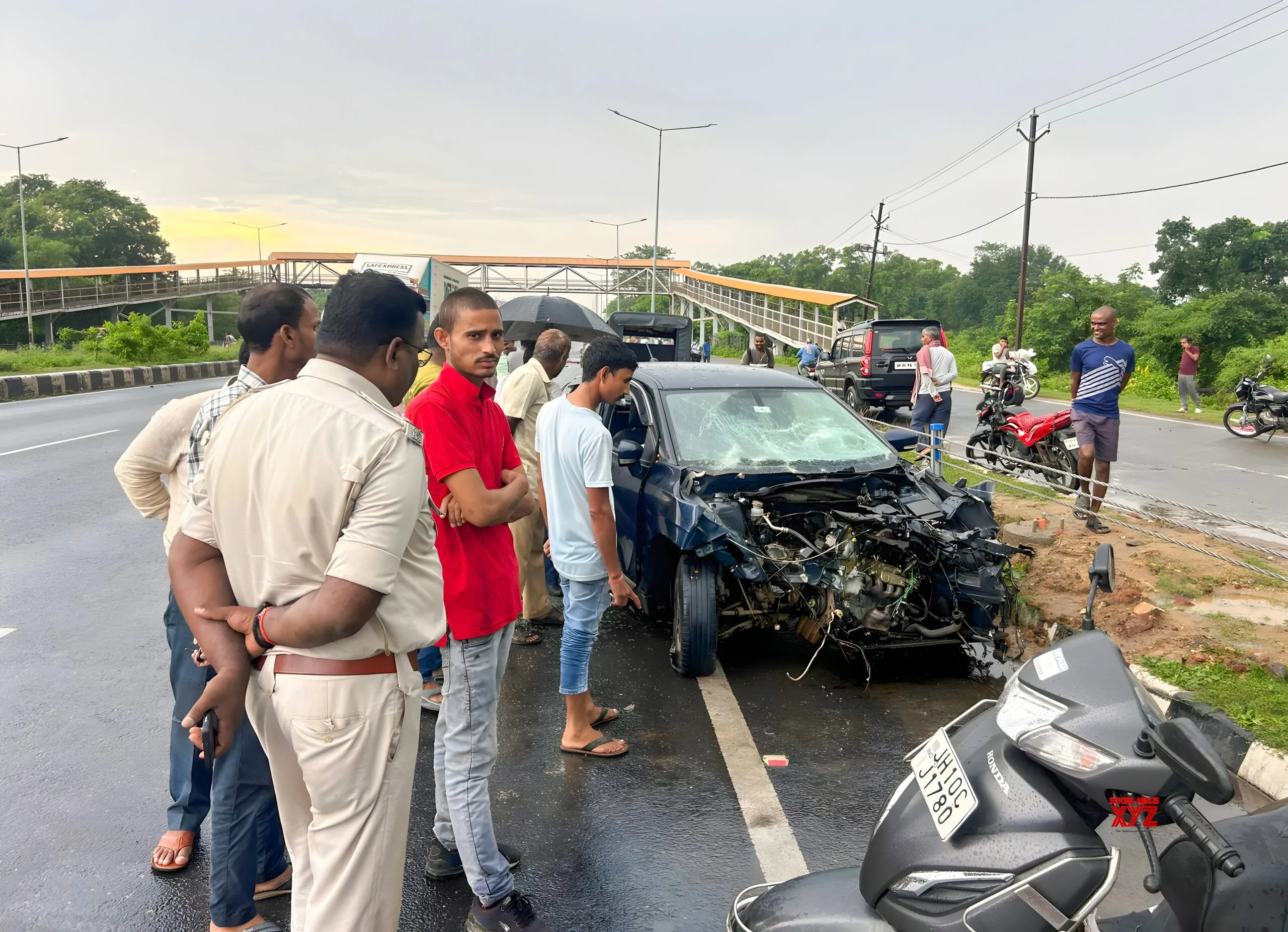Remembering Osagyefo Dr. Nkrumah: The Master’s Day Crafted By The Student J.E. Atta-Mills
By Henrietta Afful,Samuel Koku Anyidoho
Copyright gbcghanaonline

By: Samuel Koku Anyidoho
Introduction: A Legacy of Mentorship and Nation-Building
In the annals of African history, few figures loom as large as Osagyefo Dr. Kwame Nkrumah, the visionary leader who spearheaded Ghana’s independence and championed the broader cause of African liberation. His indomitable spirit, encapsulated in the rallying cry “Nkrumah never dies,” continues to inspire generations. This phrase, born from the depths of Pan-African resilience, underscores the eternal relevance of his ideas.
Yet, Nkrumah’s legacy is not merely historical; it lives on through those he influenced, most notably, and for the purposes of this article, Professor John Evans Fiifi Atta-Mills, Ghana’s former president and a devoted student of Nkrumah’s ideology.
President Atta-Mills, the first and only alumnus of the Kwame Nkrumah Ideological Institute to ascend to the presidency, honored his mentor by establishing September 21 as Founder’s Day—a poignant tribute to Nkrumah’s birthday and his foundational role in Ghana’s birth as a nation.
This article delves into Nkrumah’s life, his transformative vision for Ghana and Africa, his embodiment of nationalism and patriotism, and the profound impact of his Ideological Institute on Atta-Mills.
It explores the unbreakable nexus between master and student, illustrating how their shared ideals of self-reliance, unity, and social justice continue to shape nation-building efforts.
Finally, it reflects my personal vision for nation-building, inextricably linked to these two titans, emphasizing how their principles can guide and put Ghana back on a divinely-inspired visioned-out trajectory toward prosperity, growth and purpose-filled sovereignty.
Kwame Nkrumah: The Architect of African Independence
Born Francis Nwia Kofi Ngonloma on September 21, 1909, in Nkroful, a small village in the Gold Coast (now Ghana), Kwame Nkrumah rose from humble beginnings to become one of the 20th century’s most influential leaders.
Educated in missionary schools and later at Achimota College, Nkrumah pursued higher studies in the United States, earning degrees from Lincoln University and the University of Pennsylvania. His time abroad exposed him to radical ideas, including Marxism, Pan-Africanism, and anti-colonialism, influenced by thinkers like Marcus Garvey and W.E.B. Du Bois.
Returning to the Gold Coast in 1947 after a stint in London and Manchester, where he organized the Fifth Pan-African Congress in 1945, Nkrumah plunged into politics.
As founder of the Convention People’s Party (CPP) in 1949, Nkrumah galvanized the masses with his slogan “Self-Government Now.” His arrest in 1950 for leading strikes only amplified his popularity, leading to his release and election as Prime Minister in 1952.
On March 6, 1957, Ghana became the first sub-Saharan African nation to gain independence from Britain, with Kwame Nkrumah at the helm and he became President in 1960 when Ghana transitioned to a republic, adopting the title “Osagyefo” (Redeemer) and fostering a personality to unify the nation.
Osagyefo’s tenure ended abruptly in 1966 with a military coup while he was abroad, leading to exile in Guinea until his death in 1972 from prostate cancer.
Despite criticisms of authoritarianism, his contributions to decolonization, (aptly captured by Bob Marley as “emancipate yourself from mental slavery’), remain unparalleled.
Nkrumah’s Vision for Ghana and Africa: Pan-Africanism and Self-Reliance
Nkrumah’s vision was audacious: a united, industrialized Africa free from neo-colonial exploitation.
For Ghana, he pursued rapid modernization through socialist policies, including the Volta River Project (Akosombo Dam) for hydroelectric power, state-owned enterprises, and free education to build human capital. He believed in economic self-sufficiency, warning in his seminal work Neo-Colonialism: The Last Stage of Imperialism (1965) that political independence without economic control was illusory.
On a continental scale, Nkrumah was the father of Pan-Africanism, advocating for a United States of Africa with a common market, currency, and military. He co-founded the Organization of African Unity (OAU) in 1963, though he pushed for deeper integration beyond what moderate leaders accepted.
His global outlook extended to non-alignment during the Cold War, fostering ties with the Soviet Union and China while supporting liberation movements in Algeria, South Africa, and beyond.
Osagyefo Dr. Kwame Nkrumah foresaw a unified (some saw it as utopian) world where Africa’s resources would benefit its people, not foreign powers, emphasizing education, science, and technology as pillars of progress.
Nationalism and Patriotism: Nkrumah’s Enduring Flame
Nkrumah embodied nationalism as a tool for liberation, transcending ethnic divisions to forge a Ghanaian identity. His “Positive Action” campaign—non-violent protests and boycotts—mobilized workers, farmers, and youth, instilling patriotism through symbols like the Black Star and national anthem. He promoted “Nkrumaism,” a blend of scientific socialism and African traditions, urging citizens to prioritize the nation over tribal loyalties.
Patriotism, for Nkrumah, meant active resistance to imperialism. He declared, “We face neither East nor West; we face forward,” embodying self-determination.
His efforts to build national pride included youth organizations like the Young Pioneers and ideological training to cultivate a patriotic cadre. Though criticized for suppressing opposition, his nationalism inspired anti-colonial struggles across Africa, proving that patriotism could be a force for continental solidarity.
The Kwame Nkrumah Ideological Institute: Forging Future Leaders
Established in 1961 in Winneba, the Kwame Nkrumah Ideological Institute (KNII) was a cornerstone of Nkrumah’s vision to inculcate socialism in Ghanaians for purposeful nation-building, Pan-Africanism, and anti-imperialism. Modeled after similar institutions in socialist countries, it offered courses in political economy, African history, and Nkrumahist philosophy.
By 1964, all university entrants were mandated to attend orientation at KNII, ensuring ideological alignment. The institute aimed to produce cadres capable of sustaining the mindset revolution, emphasizing discipline, collectivism, and national service.
Though short-lived – shuttered after the 1966 coup and later repurposed as the, Advanced Teacher Training College (ATTC), it metamorphosed into the University of Education, Winneba, in 2004.
Osagyefo’s legacy of training Ghanaians in an organized manner, though there was an orchestrated attempt to suppress it, persists in the very ground where his institute once stood. Nkrumah never dies!
The official name of the Institute was, Kwame Nkrumah Institute of Economic and Political Science.
The Impact on John Evans Atta-Mills: From Student to Statesman
Born on July 21, 1944, in Tarkwa, John Evans Fiifi Atta-Mills was a brilliant scholar and athlete, educated at Achimota School and the University of Ghana, where he earned his law degree in 1967. He pursued advanced studies at the London School of Economics (LLM, 1968) and the School of Oriental and African Studies (PhD, 1971).
However, his formative ideological training occurred at the KNII in Winneba, where he studied Nkrumah’s principles prior to his entry into the University of Ghana, Legon. This exposure profoundly shaped J.E. Atta-Mills, embedding in him a commitment to social democracy, welfare, and Nkrumah’s vision of equitable development.
As the first and only KNII alumnus to become president of Nkrumah’s Ghana, he embodied the institute’s success in nurturing leaders committed to Nkrumah’s legacy.
Prof. John Evans Fiifi Atta-Mills
President Atta-Mills also happened to be the first ever Fullbright Scholar to have become President of any country at the time he was president and was duly honoured in New York by the Fullbright Association on the sidelines of one of the United Nations General Assembly Meetings.
The Strong Nexus: Master, Student, and Shared Ideals
The bond between Nkrumah and Mills was more than historical; it was ideological and personal. President Atta-Mills openly identified as an Nkrumahist, describing himself as a social democrat inspired by Nkrumah’s welfare and people-first concepts.
His policies—expanding healthcare, education, infrastructure, non-profligate expenditure, and governing in an, honest, open and transparent manner, mirrored Nkrumah’s focus.
Three public universities in three and half years, speaks volumes about his human development agenda akin to that of his master. The universities; University of Health and Allied Sciences, Ho, University of Energy and Natural Resources, Sunyani, University of Environment and Sustainable Development, Somanya, are living testimonies to what President Atta-Mills stood for vis-à-vis human development with specific required knowledge and skills.
President Mills’ crowning tribute was declaring September 21, 2009—Nkrumah’s centenary—as Founder’s Day, a statutory holiday to honor Ghana’s founder. This act, amid debates over whether Ghana had one founder or many (the “Big Six”), affirmed Nkrumah’s singular role, fulfilling the student’s duty to immortalize the master. Despite later amendments under subsequent governments, Mills’ initiative ensured Nkrumah’s memory endures.
I recall, as a matter of duty, being with President Atta-Mills at an AU Gathering in Addis Ababa in 2009, when he delivered a stunning speech (humbly crafted by me as his speechwriter) in honour of Kwame Nkrumah, to a standing ovation, and got the AU to adopt 21st September as a Special Day on its calendar.
It was at the same Gathering that, President Atta-Mills unveiled a newly crafted (by renowned Ghanaian sculptors, Dr. Don Arthur and Mr. Kwame Mamfe) statue of Osagyefo that continues to adorn the frontage of the then newly constructed AU Building. To add more glowing Ghanaian flavour, President Atta-Mills invited, former President Rawlings, Professor Francis Nkrumah (first child of Osagyefo) and his only daughter, Samia Nkrumah, to join him on the trip to Addis Ababa to honour the first president of Ghana and the number one African Personality for the millennium.
It was certainly a moment of pride etched in gold, for me to have been there as part of the Ghanaian delegation. Great memories!
Adding Professor Kofi Awoonor To The Equation
Today, September 21, 2025, marks exactly 12 years, since the revered and venerated Professor Kofi Nyidevu Awoonor, was gruesomely gunned down by Al Shabab terrorists in a shopping mall in Kenya. Yes; it was on Osagyefo’s birth date, that one of his direct proteges, Professor Awoonor, met his painful exit from this earth realm to the Land of his ancestors.
As a protégé of Professor Awoonor, how can I forget the endless stories, lessons, teachings, admonishing, about how not to dishnour the Land of my birth.
How can I forget those comforting moments at his North Legon residence, sitting at his side, drinking from his vast fountain of knowledge and experience in the craft of nation-building.
A thoroughbred Nkrumahist, Professor Awoonor never stopped etching on my mind, the need to be always alive to my calling to serve Mother Ghana; do so in dignity and respect to the God who gave me the opportunity to orbit the earth realm for His divine purposes.
When Professor Awoonor passed, it was a great privilege to have anchored the, “Evening of Remembrance”, held at the National Theater in his honour and it was more of an honour for me when two very distinguished statesmen, the late Mr. P.V. Obeng and the late Captain Kojo Tsikata, both called me after the event and heaped tons of platitudes on me for doing a yeoman’s job.
Indeed, in the case of Captain Tsikata, he actually invited me to his house at Abelenkpe, and opened a bottle of vintage red wine to toast my performance in honour of his departed soul brother.
How humbling an experience it was, to have washed my hands so well that, dining with the Elders came with dignified ease.
As Professor Kofi Awoonor wrote in his last book, “The Promise of Hope”:
“… we shall retire to our modest home
earth-sure, secure
that we have done our duty
by our people:
we met the challenge of history
and we were not afraid”.
A Personal Vision for Nation-Building: Inspired by Nkrumah and Mills
My personal vision for nation-building is inseparably linked to Osagyefo Dr. Kwame Nkrumah and President John Evans Atta-Mills, drawing from their emphasis on unity, self-reliance, and social equity. Of course, President Jerry John Rawlings cannot be left out of the equation.
Like Osagyefo, I envision nations where education and technology empower citizens to break free from dependency, fostering Pan-African collaboration to harness resources for collective prosperity.
President Atta-Mills’ humility and focus on welfare inspire my belief in inclusive governance, where patriotism means serving the marginalized – not self-aggrandizement nor state plunder.
In building Ghana, we must revive Nkrumahist ideals: investing comprehensively (not staccato wishy-washy fleeting politics-scoring stuff) in youth, promoting ethical leadership, and mindset transformation. This vision sees Ghana not as fragmented entity based on ethnic and religious affiliations, but as a united force, where patriotism fuels innovation and nationalism bridges divides.
By embodying the legacies of Osagyefo and Asomdwehene, we can craft resilient societies that honor the past while forging a brighter future.
Am I an Nkrumahist? With extreme pride, I say a big YES!!!
Nkrumah never dies and Founders Day lives forevermore!
Samuel Koku Anyidoho
(Founder & CEO, MILLS Institute For Transformational Leadership Development)
Email: Sitsoanyidoho1@yahoo.com
Sunday, September 21, 2015.



